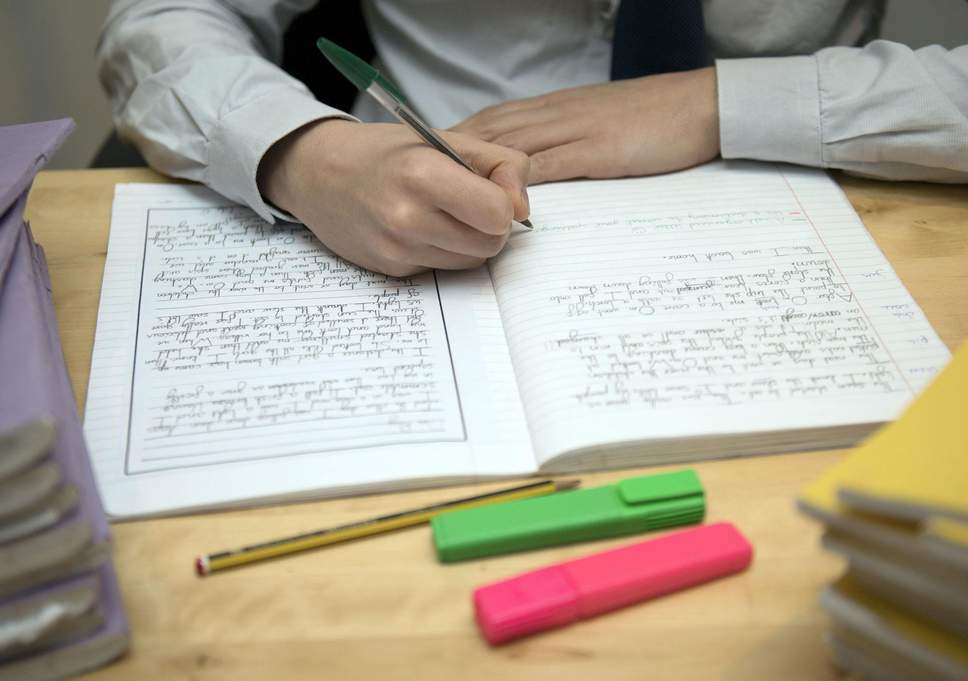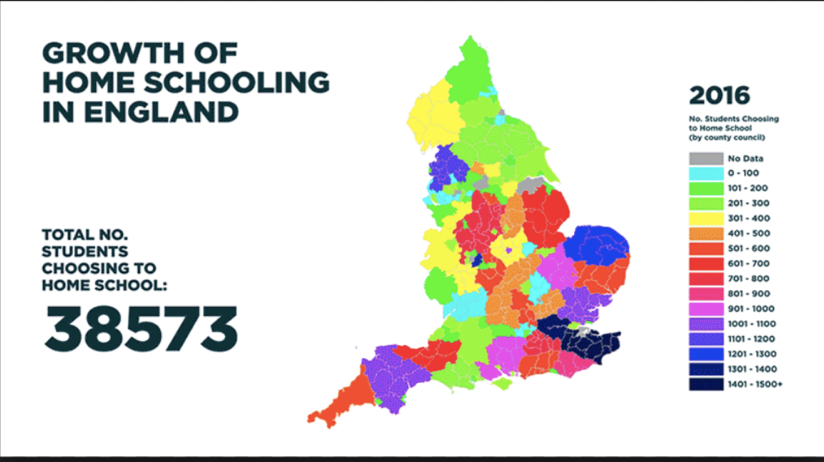
Albert Einstein once said “everybody is a genius. But if you judge a fish by its ability to climb a tree, it will live its whole life believing that it is stupid”.
In school, I was that fish. I lived in fear of being picked on, putting my hand up or being wrong. I struggled with exams, equations, remembering historical dates and places. And I remember on my final day in year 11 when all my friends cried at the thought of saying goodbye, I jumped for joy crying tears of happiness that I was finally set free.
It wasn’t that I struggled socially. In fact, I had a good circle of friends, I was involved in extra curriculum activities and had good relationships with all my teachers. But the prospect of having to unwillingly sit in a classroom, pretending to pay attention whilst etching scribbles onto my desk and praying I wasn’t picked on just wasn’t for me. Deep down I knew that when I left at 16 years-old to study at the College in my hometown the teachers had lied, in fact, the best days of my life were yet to come.
Everyone’s experience of school is subjective. I have friends who still to this day talk highly of their school, vowing ‘they wish they could do it all over again’. I have friends who are now friends with our Secondary school teachers. And I have friends who like me, forgot everything they learned and forgot everyone who ever taught them. In short everyone’s experience is different.
For, Bryony Kemp, 3rd year Falmouth University Art student hers is extremely different because Bryony did not attend School. Alternatively, she was home-educated by her mum from the age of five after suffering from a rough time in a new school after moving to a new area. Uncomfortable with the lack of support from her new school, Bryony’s parents decided to take full responsibility for her education by teaching her from home.
Her parents added: “The education system was too strict, not tailored to individual needs and we felt that a better quality of education could be provided in the means of our own home.”
Despite her unconventional upbringing, Bryony backs her parent’s decision, she said:
“I think for me it was for the best option. Learning from home is a lot more relaxed and independent, plus we got a lot more choice in what we learned. The school system can be really rigid and that works for some people but it definitely wasn’t for me.”
Bryony’s younger brother, Finn Kemp was also homeschooled but unlike Bryony had never been to a mainstream school, he said: “because my sister was home educated I fell into it.”
He also stands by his parent’s decision, adding: “The system is wrong, having kids of all backgrounds with different talents to do the same routine tests don’t prove their own skill set.”
Despite this he did open about how his upbringing did mean he struggled socially, he said: “Growing up I didn’t get a lot of school jokes and I also don’t have any long-term friends.”
It seems that many parents in the UK have found themselves with no other option but forced to take control of their children’s education. Alarming figures released by the BBC found a 40% increase in children being homeschooled over the three years.
The report revealed many parents are concerned about the quality of education and insufficient measures to protect children’s safeguarding. Some are even doing it as a precautionary measure to avoid their child being excluded for bad behavior or prosecuted over poor attendance. A look closer at the report also highlighted that parents in the South West, specifically Devon blamed a ‘dissatisfaction with the school environment’ as to why they decided to home school their children.
Currently, within the UK, there is no legal obligation for children to attend school, but they must receive an education. Perhaps the question should surround whose choice should it be to decide this, the children or the parents?
Mitchell Upton, a student at Falmouth’s Marine School was also homeschooled but he argues the decision saying: “It was just an excuse for me to be forcefully pulled out of school.” Mitchell was vague in his response and just added: “It was a long and complicated decision.”
In Mitchell’s case, it seems the decision wasn’t something he consented with and this is where the problem lies. Moreover, there is currently no law enforced to watch over the education being received within the home meaning it may not always be a suitable curriculum or even lack of education provided altogether.
The only powers the Department of Education still hold is the council’s ability to make an ‘informal enquiry’ to investigate whether they are receiving a suitable education. And, if necessary they can serve a school attendance form if they think the child needs to be taught at school.
In short, homeschooling remains to be a controversial issue, both the government and children involved have little powers when it comes to taking control of the environment of education. Bryony’s success in attaining her GCSE’s and progressing to University proves the homeschooling alternative can be successful. However, for people like Mitchell, this might not always be something they consent to.
Ultimately, my time at school was quite frankly ‘up and down’. For the most part, I dreaded it but I can’t pretend it was all bad. And those friends I spoke of earlier, yes some of them may be friends with my former teachers, but they are my friends from school and If anything, it was worth it for that.



